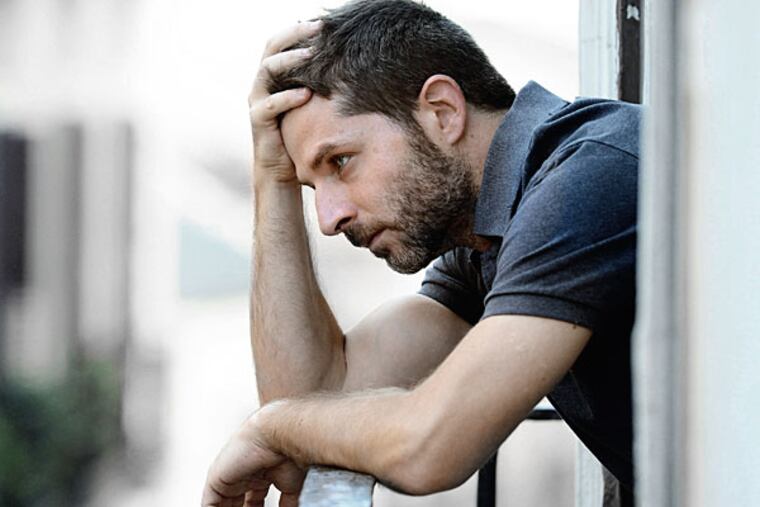Tell Me About It: Stay in son's life, if you can, in spite of his girlfriend
Adapted from a recent online discussion. Question: My son came on a family vacation alone and confided to his parents, siblings and friends that he was unhappy in his four-year relationship. He is 34 and she is 31.

Adapted from a recent online discussion.
Question: My son came on a family vacation alone and confided to his parents, siblings and friends that he was unhappy in his four-year relationship. He is 34 and she is 31. They never talk, she is very needy, she does not like his family or friends, and she discourages him from seeing or calling us (we live a few hours away). He said she wants all his time and all his attention. She thinks they should "be enough" for each other and shouldn't need others. I think that's a hallmark of an abusive relationship.
He decided to ask her to move out. She can't afford to live on her own and does not want to move in with her parents, with whom she has a bad relationship.
The day after he got home, he called and said they are trying to work things out. But his family and friends can see the relationship has taken all the joy out of him. How do I support him when I think the relationship is toxic? I read the letter from the 24-year-old whose family hates her boyfriend; guess I need to dial it back and not become like her family.
Answer: Yes, you do need to be careful because your becoming the anti-girlfriend bad guy would actually strengthen her hold on your son. But: You're right about the signs of abuse. Certainly there is unhealthy manipulation and a messed up idea of love. They should "be enough" for each other? Write it in Latin, and you have the motto on the codependency flag.
So, your just dropping back in an effort not to appear controlling is not a complete answer.
Your son came on that trip to breathe and, I strongly suspect, to try to remember who he was before she started controlling him. It also gave him a chance to say things out loud without her around, which allowed him to see how sick his relationship had become - and which she's not likely to permit again, to the extent she has that say over him. She knows he came back stronger, and even though he wasn't strong enough to walk away for good, she has all the confirmation she needs to treat his family and friends as an unacceptable threat.
These facts and likelihoods draw an outline for the helpful role you can play in your son's life, without using the "T" word or siding against the girlfriend: You can remain present in your son's life, to the extent she permits, serve as a reminder of his strengths, and be a safe place where he can be himself and be loved as-is. Write him conversational e-mails, text him occasionally just to say hello, ask him how work is going, ask how Girlfriend is, reminisce here and there about milestones of his childhood.
And when he opens the topic of his unhappiness, you can validate him without trashing her: "You don't sound like your usual happy self," say, or, "That sounds harder than it needs to be."
The people who accept him without forcing him to defend his girlfriend are the ones he'll seek when he's ready to break free for good.